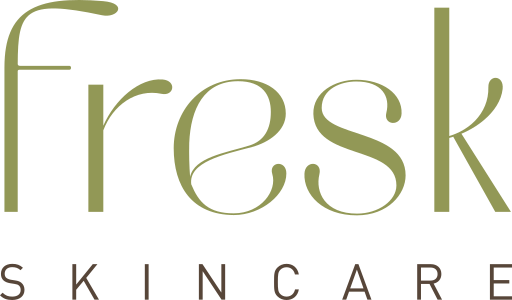

How Do Harmful Ingredients Affect Your Skin?
How aware are you of harmful ingredients in your skincare and how they may affect your skin?
If you're like most people, you don't really look at what ingredients are in your skincare and personal care products. I was the same. I used well-known brands like Jurlique, Environ Skincare, Maybelline, Revlon, Olay and Neutrogena. I assumed their ingredients would be designed to care for the health and safety of my skin. The preservatives were there to prevent bacteria and mould, and that was a good thing, wasn't it? After all, they are in business to help us women look and feel great, aren't they?
14% of Australians are suffering from skin challenges and allergies. According to ABS, 618,600 Australians suffer from dermatitis, eczema and psoriasis. Plus, almost 3 million Australians suffer from allergies. Rates of cancer are on the rise. Is the modern day person exposed to too many toxins in this modern day world? Could processed foods and skin products full of preservatives and other chemicals be affecting our skin health?
Dr Samuel S. Epstein discovered that over 40 ingredients that are routinely put in mainstream industry cosmetics are carcinogenic ingredients. Dr Epstein found 30 more ingredients that are regularly put in skincare that are not carcinogens - but under certain conditions have carcinogenic properties.
Who is Samuel S. Epstein? He is a doctor and professor of Occupational and Environmental Medicine in the US and a Chairman of the Cancer Prevention Coalition. He was a recognised authority on the causes and prevention of cancer and on carcinogenic exposures in air, water and consumer products – food, household products and cosmetics and toiletries.
Dr Epstein devoted many decades of his life to researching cancer and won multiple awards for his work. In his book titled 'Unreasonable Risk' he documented the risky ingredients regularly added to commercial skincare.
Are any of these risky ingredients in your skincare?
|
|
Together we can encourage a healthy change through these steps:
The cancer trend is on the rise. However, each of us can take action by eliminating toxic ingredients from our lives. According to Dr Samuel S. Epstein:
"This is critical as we are losing the winnable war against cancer."
Emily Schlichting famously said:
"The thing about health is that while you have it, you don't think about it – you don't have to. But when you don't have it anymore, it becomes the only thing that matters."
Taking the simple step of knowing what's in your skincare products can lead to making positive change. We can become a conscious consumer - to protect ourselves and our loved ones.
Skin health tips to your inbox once a month?
We won't share your email with anyone else.
